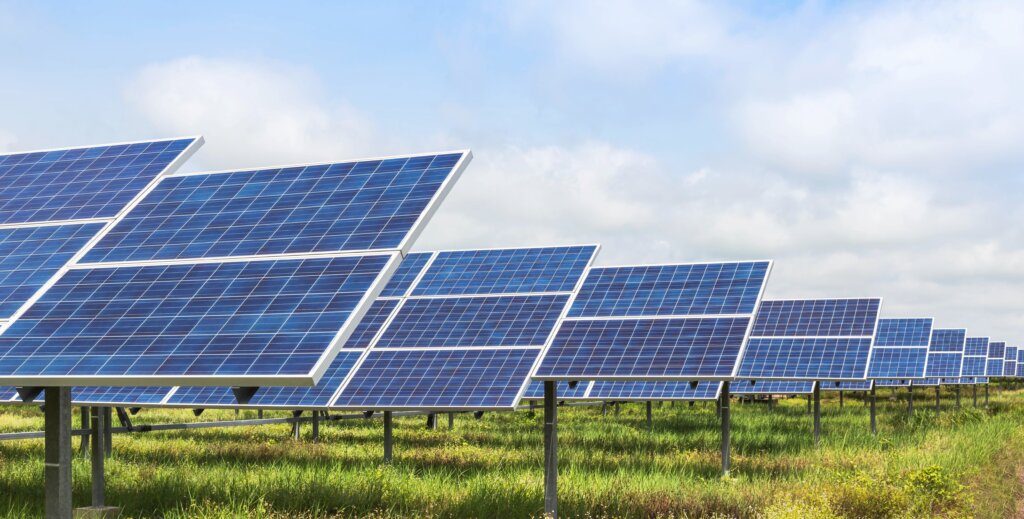
A One-Stop Shop Introduction to IBRs
You likely have been hearing a lot lately about inverter-based resources (IBR). And you may be wondering what the talk is all about. In response to the identified risk of IBRs, NERC announced an 11-part webinar series on bulk power system connected IBRs to occur over five weeks in June and July. Information and registration information for the webinar series can be found in this Webinar Flyer. In addition to being an emerging risk identified by NERC, the impact of IBRs underpin several risks identified in MRO’s Regional Risk Assessment. This webinar series is an excellent opportunity to get introduced to the topic of IBRs and the emerging risks they create to the bulk power system.
Inverter-based resources are a subset of electric generation that rely upon an inverter to convert power generated using direct current (DC) to alternating current (AC), allowing interconnection with the grid. Unlike more traditional methods of generating electricity by a rotating machine, an IBR is not directly coupled to the grid and does not inherently react to changes in the grid. IBRs rely upon power controllers that are programmed to respond to specific grid conditions.
Solar photovoltaic (PV) generation and battery storage are two examples of IBRs on the grid today. To a lesser extent, wind generation deploys inverter technology to connect with the grid. Most of the wind generators connected to the grid within the MRO footprint use an electric generator to directly connected with the grid and a combination of inverters to supplement the direct connection that are fundamentally different than purely IBRs. While there isn’t a large penetration of IBRs within MRO currently, the interconnection queues for the MISO and SPP markets indicate a rapid increase in the number of IBRs expected to be connected to the grid.
Parts of the county with a higher amount of IBR penetration, mainly California and Texas, are experiencing challenges with the new technology. Since 2016, there have been thirteen events documented in NERC Disturbance Reports where a significant number of IBRs failed to ride through grid faults. MRO’s 2023 Regional Risk Assessment also identified this as a medium-priority risk. These events and the associated performance issues of IBRs will be the focus of NERC webinars scheduled on June 8 and June 13, respectively.
MRO’s 2023 Regional Risk Assessment also identified modeling for inverter-based resources as a high-priority risk. Three of the eleven planned NERC webinars will focus on IBR modeling requirements and creation, quality and benchmarking, and electromagnetic transient (EMT) modeling. Further, three webinars will focus on interconnection requirements, interconnection processes, and commissioning, which should provide insights to link generation performance to the models. Whether you attend one of the webinars or all eleven, there is knowledge to be gained. As the grid transitions from traditional, synchronous machines to larger amounts of inverter-based resources, this knowledge is valuable to address emerging risks introduced by these resources and take advantage of their unique attributes that can enhance system reliability.
– Mark Tiemeier, MRO Principal Technical Advisory